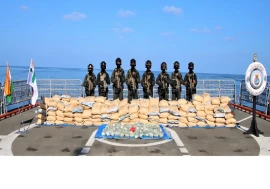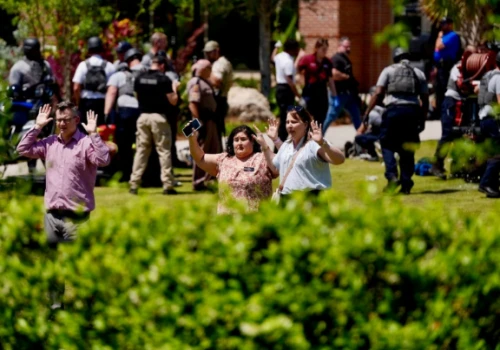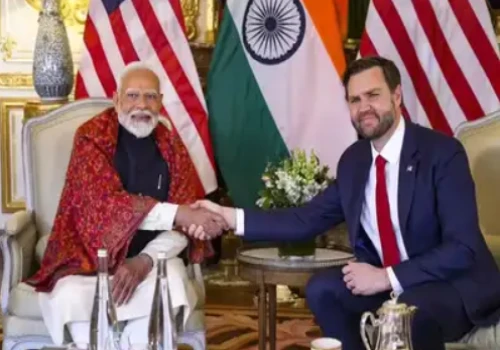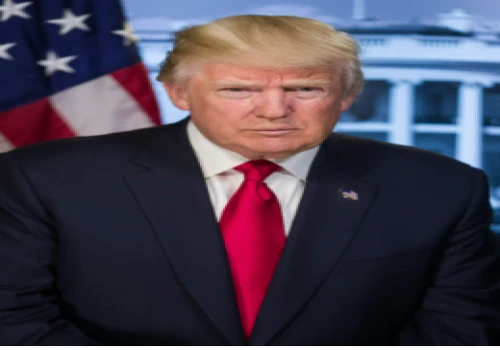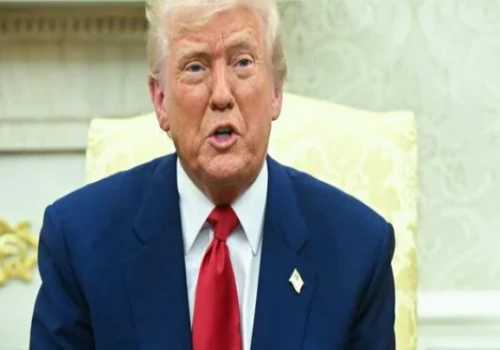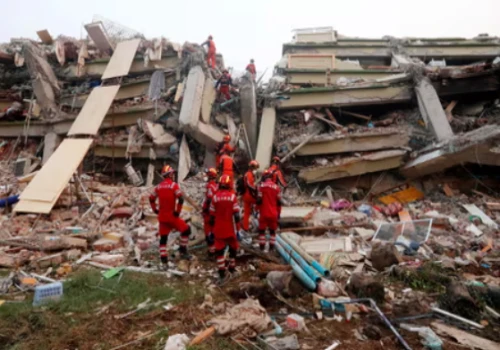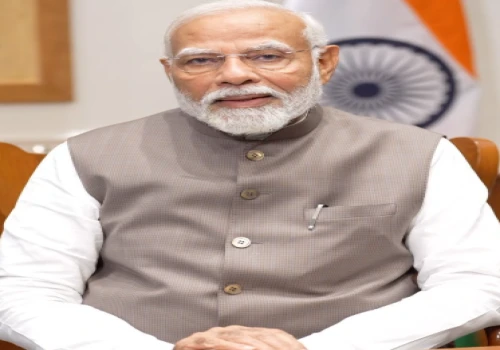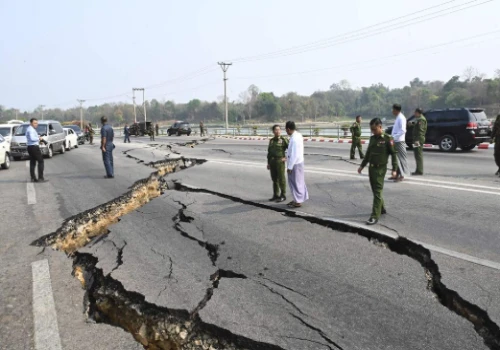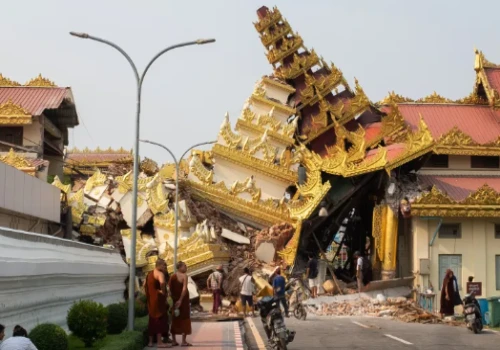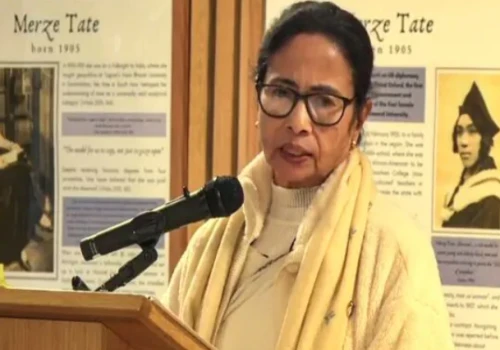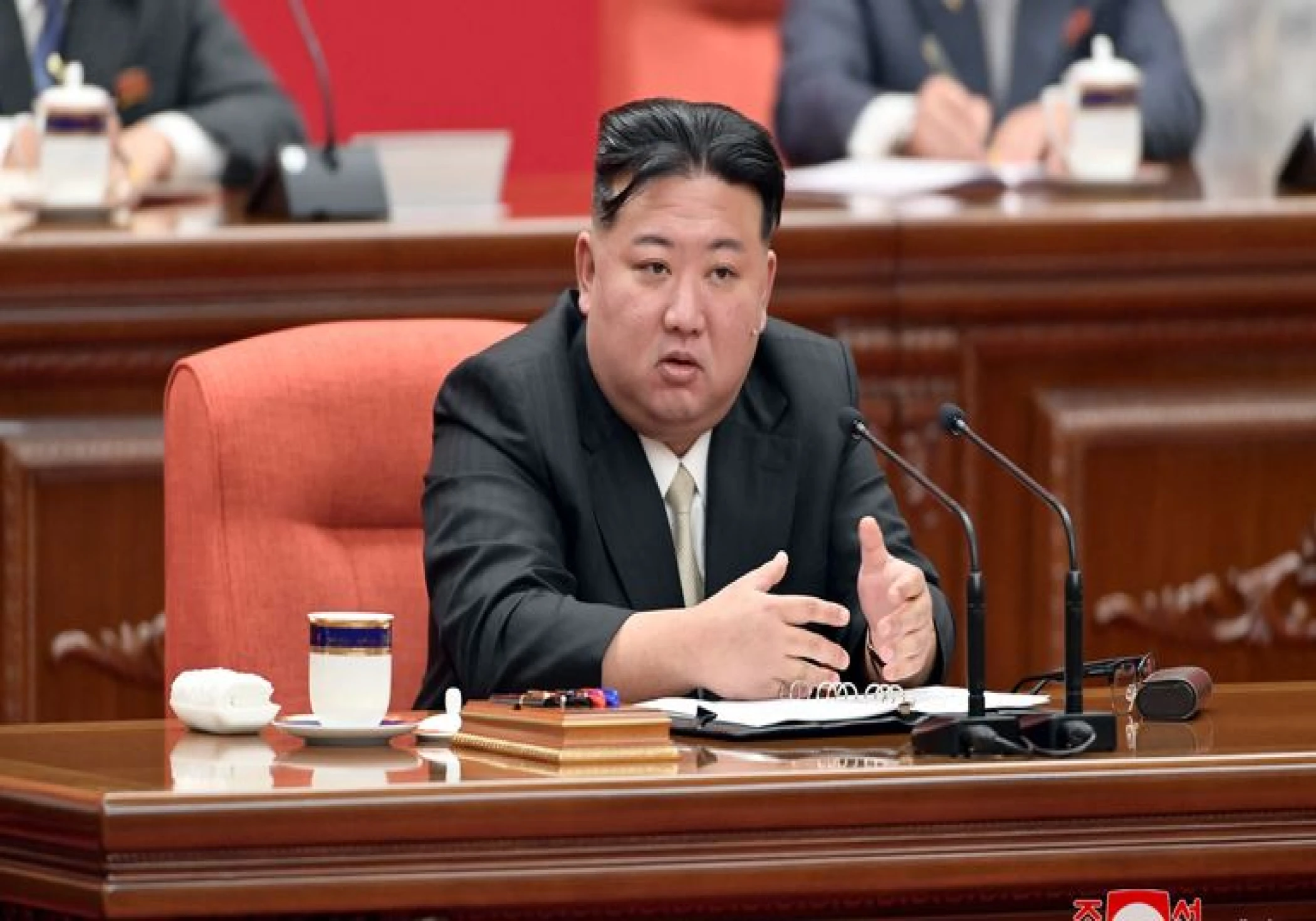
On the morning of January 28th, Sunday, at approximately 8:00 am, North Korea launched multiple cruise missiles that traversed airspace in close proximity to a significant military shipyard situated along the eastern coast, near the Sinpo area.
By consistently conducting missile tests in the past few months, the nation has intensified the already raising regional tensions. The launch on Sunday occurred in the vicinity of the Sinpo port. The specific details regarding the quantity and nature of the missiles remain unclear at this time. The joint chief of Korea asserted that enhanced monitoring and vigilance have been implemented, and there is ongoing coordination with the United States to assess the recent launch and observe any further indications of provocations from North Korea.
The strategic cruise missile, named Pulhwasal-3-31, was launched at 08:00 (23:00 GMT on Saturday). This missile launch occurred subsequent to a distinct series of North Korean cruise missile tests conducted the previous week and the test-firing of the country's inaugural solid-fuel intermediate-range ballistic missile on January 14th.
While North Korea is escalating its confrontation with the United States and its allies, officials in Washington and Seoul maintain that there are no discernible indications suggesting Pyongyang is planning immediate military action. Nevertheless, Pyongyang has asserted conducting tests of a new solid-fueled missile and underwater attack drones capable of purportedly carrying a nuclear weapon, starting from January.
Continuing its streak of weapon tests, what message is the nuclear-armed communist state trying to convey? North Korean leader Kim Jong Un, known for his assertive policy direction and rhetoric, is intensifying weapons development and issuing provocative threats of nuclear conflict with the US and its Asian allies. This escalation has heightened tensions on the Korean Peninsula in recent months.
In response, the United States, South Korea, and Japan are collaborating to unite their military capabilities. Kim characterizes this alliance as invasion rehearsals and perceives it as a reinforcement of deterrence strategies centered on nuclear-capable assets from the United States.
Growing tensions between the two nations have been worsened by Kim Jong Un's declaration of an end to tolerance and the abandonment of the reunification goal with South Korea. He has labeled the South as the "principal enemy." Responding to this, the South Korean President, earlier this month, asserted that their military's "overwhelming response capabilities" would lead to swift and robust retaliation. In fact, he emphasized that the response would be "multiple times stronger" if North Korea were to instigate any provocations.

